Trading commodities is a good idea if you want to diversify your portfolio. Contrary to other markets, commodity trading is much less noisy. However, you will need to use a broker to access the market. One of the most popular brokers is PrimeXBT. Once you have a broker, you can start trading in commodities.
Trading in the futures market
Trading commodities in the futures market is a great way to diversify your portfolio and to minimize your risk. Although trading futures is not for beginners, it can be an excellent way to manage risks related to upcoming events. Futures contracts have very low margin requirements compared to stocks and are easy to trade.
Many speculators use leverage, or borrowed money, to play the futures market. This allows them to magnify even the smallest price changes, which can lead to large profits. However, it can also put them at risk. Even a 5% change in price can wipe out their entire investment, so speculators must be disciplined in order to minimize risk.
Trading commodities in the futures market involves buying and selling a commodity that will be delivered at a future date. This is done through swap transactions. These transactions involve two parties agreeing to exchange cashflows based on a price index.
Trading in the stock market
Before you begin trading commodities, you should know what they are and how they are priced. You also should be familiar with how these commodities affect the stock market. You should also assess the best financial instrument to use. If you are a novice, it would be best to stick to trading stocks and ETFs, as these are more straightforward financial instruments.
Commodities can be traded using options or futures contracts. There are fees associated with trading commodities, which is why it is important to understand the details of these fees before you start trading. You should also check out the minimum trading account amount and fees before you begin trading. The minimum amount for trading commodities can vary depending on the market.
Prices of commodities fluctuate and are volatile. They depend on supply and demand as well as geopolitical events. This volatility creates opportunities for traders, but it can also create risks. Unfavourable price movements can result in substantial losses for traders. In addition, if you don’t have enough funds to cover your losses, your position may be closed automatically.
Trading with eToro
If you want to trade commodities, you can use the eToro trading platform. This platform provides a wide range of commodity markets and features low fees. You can open a free account in as little as two minutes. You can deposit funds in USD and make bank wire payments.
eToro has many social trading features, including a copytrader that allows you to copy strategies. You can also participate in the Popular Investor Program and share news and charts with others. This service is also fully regulated by the US Financial Industry Regulatory Authority (FINCEN).
Commodity prices tend to be highly volatile. Although this can be advantageous for traders, volatility is also a risk. To manage this, it is crucial to implement risk management strategies.
Trading with CFDs
Trading CFDs on commodities offers traders an alternative way to speculate on the price of a commodity without buying the underlying asset. This type of trading offers traders low fees and the flexibility of setting up a live account or a demo account. However, it is important to note that trading CFDs carries risks. Since you’re not owning the underlying asset, it is important to understand your risk profile and never trade more than you can afford to lose.
CFDs offer traders an efficient way to trade popular commodities. In addition to offering low-cost trading, CFDs also offer higher leverage. This means that you can invest with less capital, but the risks associated with using higher-leverage are also higher. However, this type of trading also gives you the opportunity to trade both rising and falling markets without owning the underlying asset.
To start trading in commodities, you’ll need to understand the fundamentals of the commodities you’re interested in. Because different commodities are valued on different scales, it’s important to understand the price trends that affect each of them. It’s also important to be aware of the market’s supply and demand, as this will greatly influence the price of a particular commodity. If you don’t have a good understanding of a commodity, it’s best to stay away from the market until you gain more knowledge on the topic.

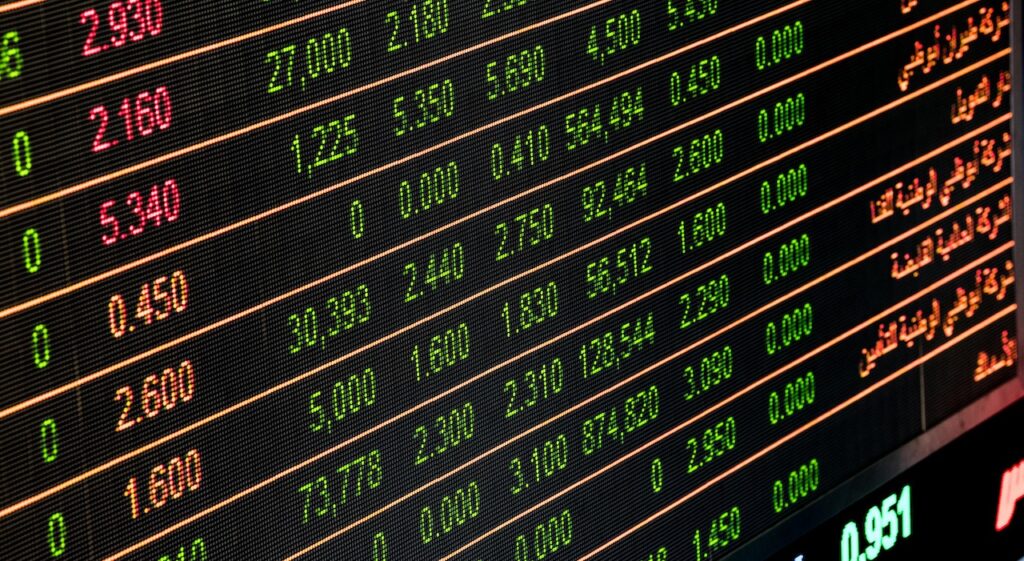

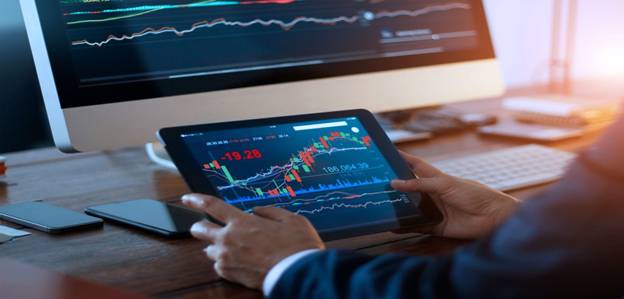
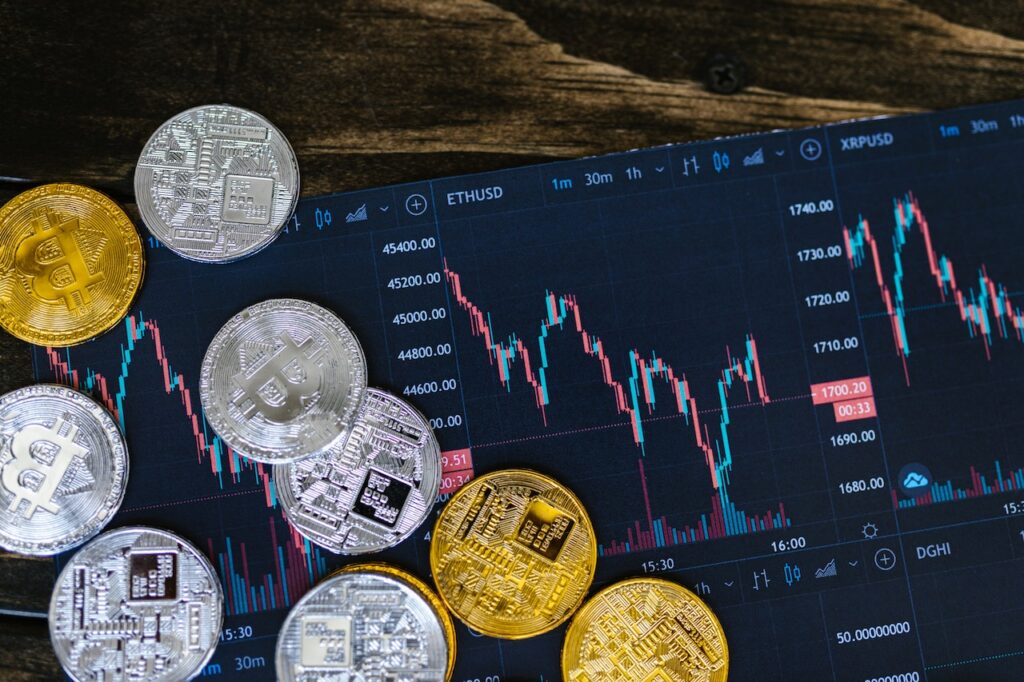
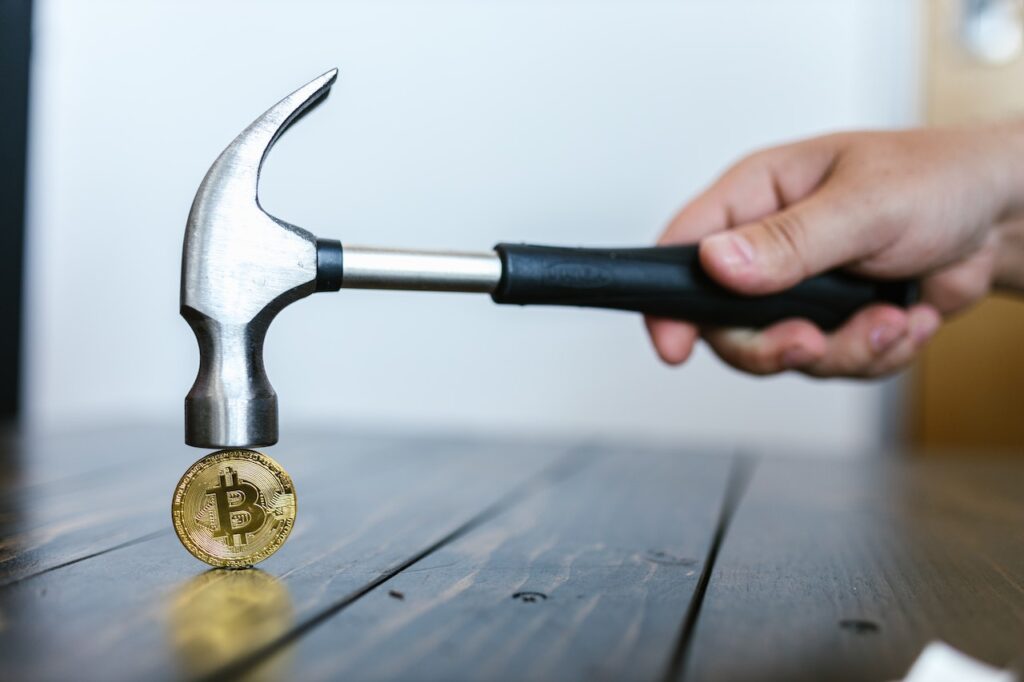
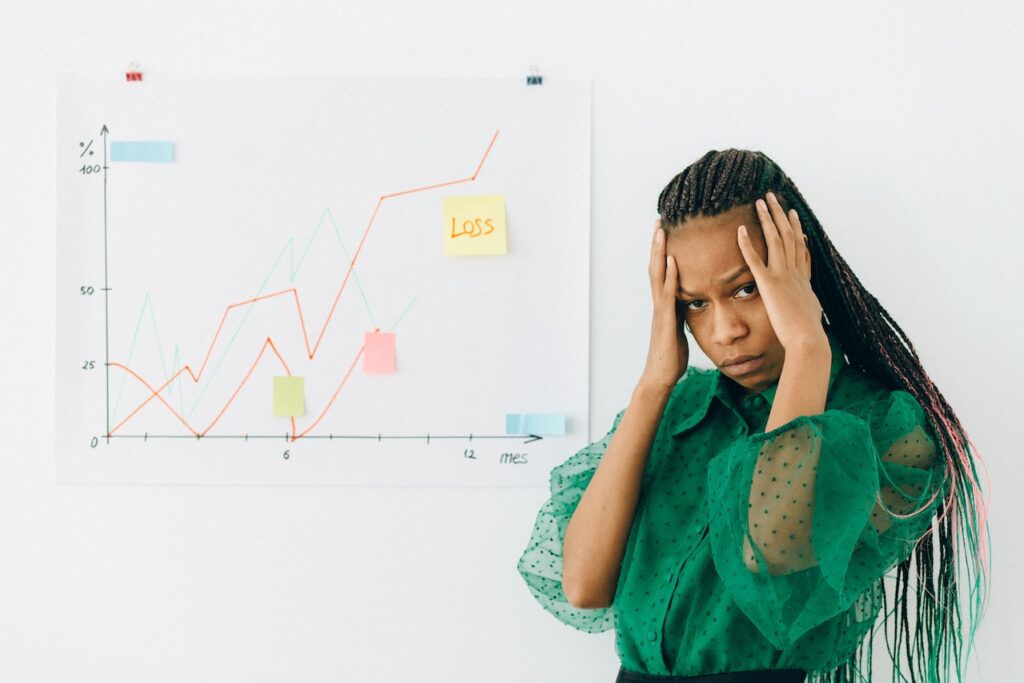

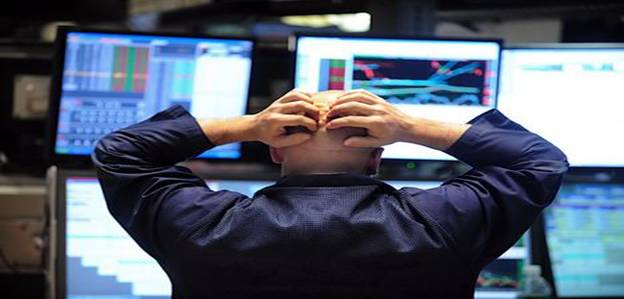
Facebook Comments